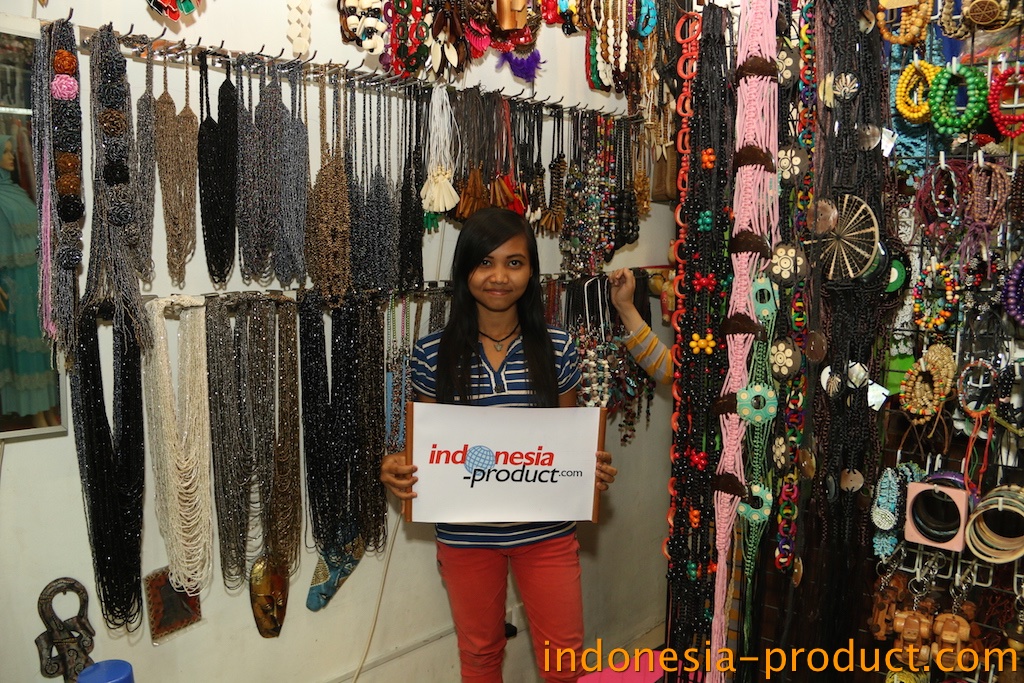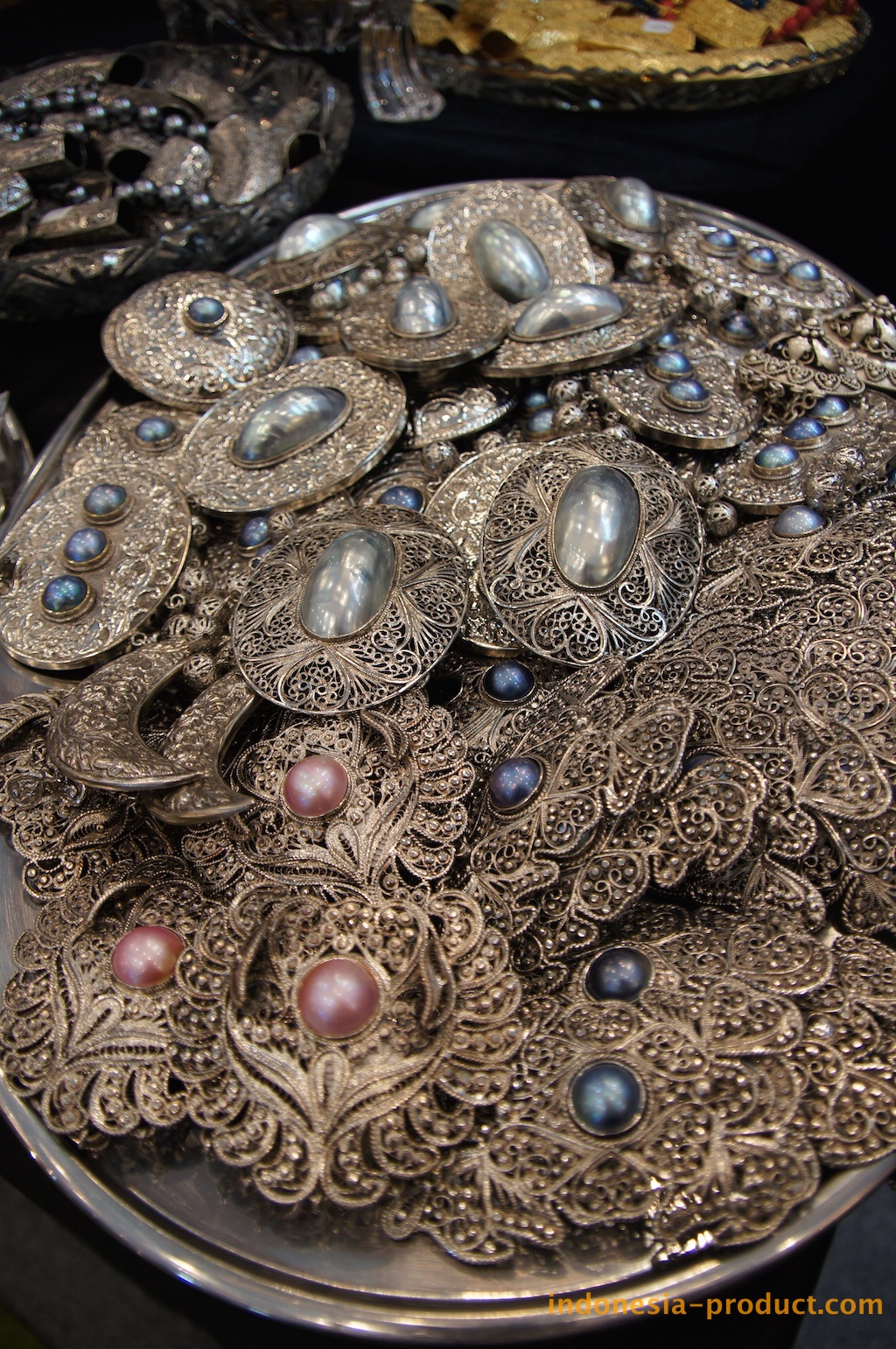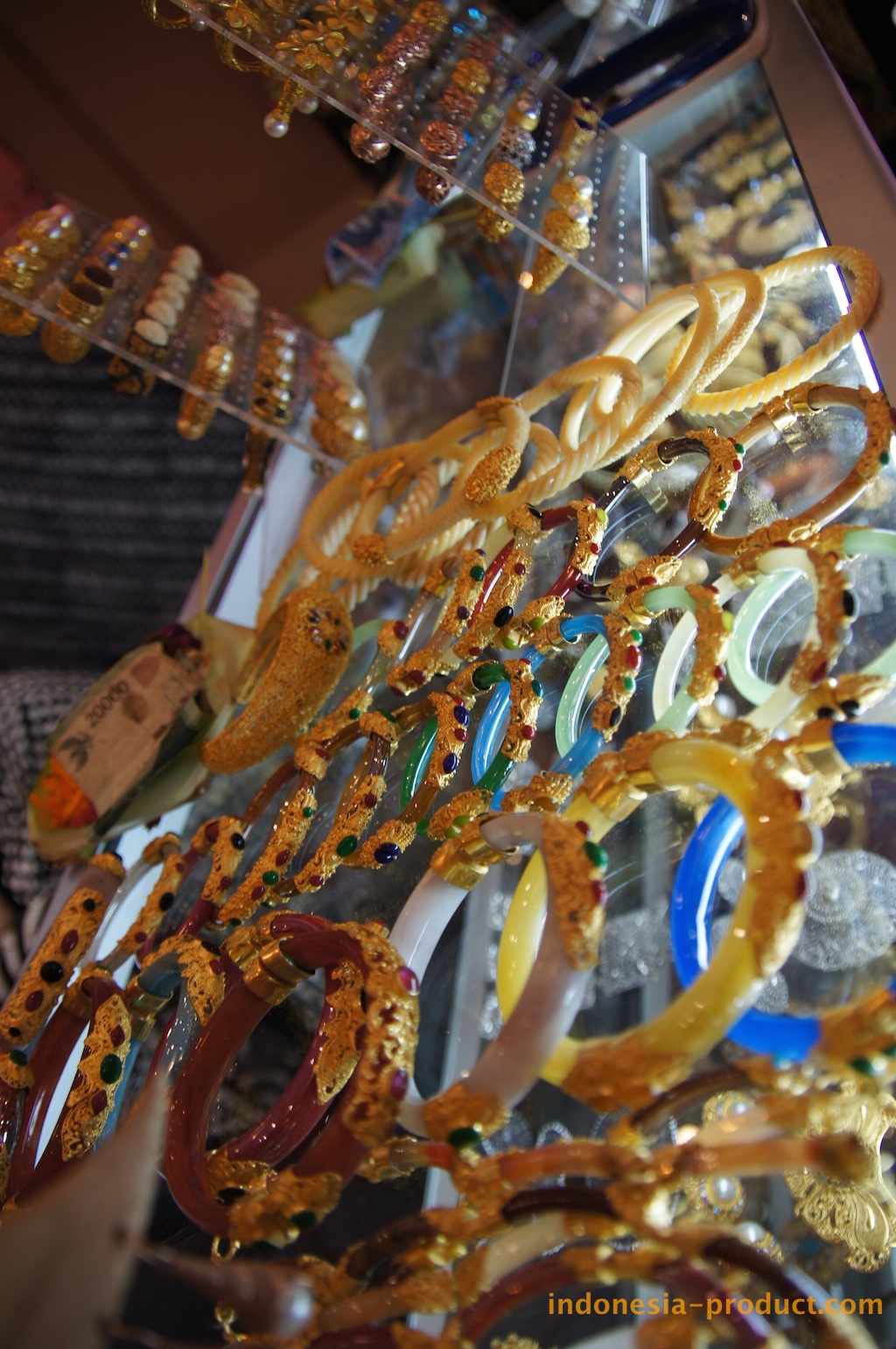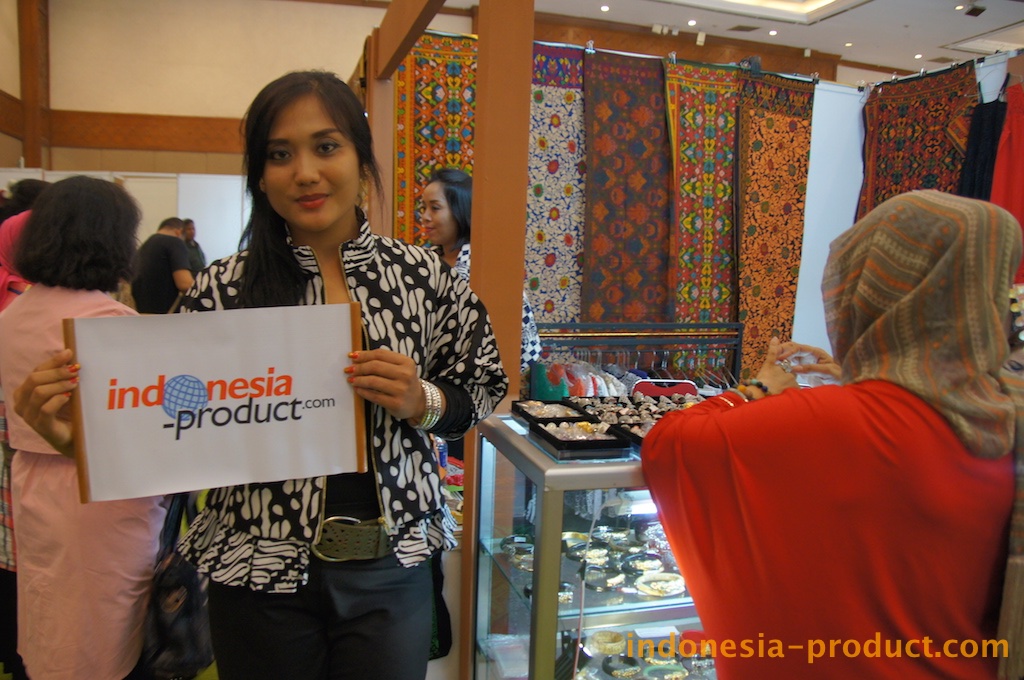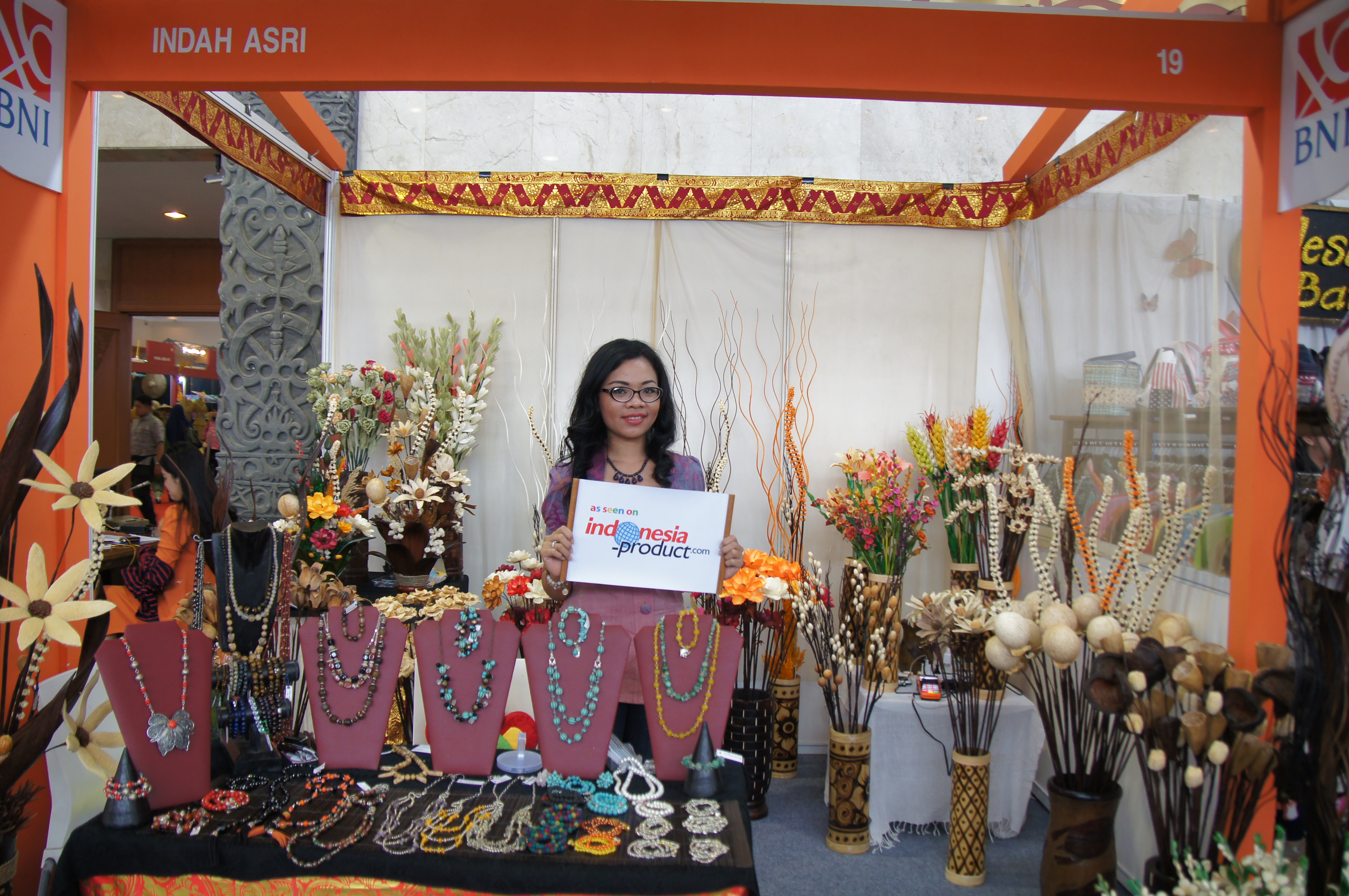By LISA THOMAS
TOKYO — Across Japan, retail shops that recycle jewelry are popping up in an entrepreneurial effort to profit from soaring commodity prices.
Platinum prices in Japan have jumped as much as 50% since January, and gold has risen as much as 21% during the same time period. While prices of the two metals have slipped recently, they remain above their five-year averages.
The retailers are targeting Japanese consumers who have collected a sizable amount of high-end jewelry over the past few decades. In particular, Japan became the No. 1 buyer of platinum for jewelry during the economic boom years in the late 1980s, as many consumers considered platinum more tasteful and understated than gold. Analysts estimate that as much as several million ounces of platinum may have been amassed during the boom years.
But during Japan’s long economic slump in the 1990s and 2000s, lavish spending went out of fashion, and jewelry sales in recent years have remained sluggish. Meanwhile, the notion of selling second-hand products — long looked down upon as shameful — has become trendy, even smart. Flea markets, second-hand designer boutiques and Internet auctions are becoming the rage. A clutter-free lifestyle has become a nationwide fad.
Along a quiet side street in a Tokyo suburb, the modern Next Jewel boutique looks like a jewelry store, but instead of selling merchandise it buys jewelry that consumers no longer use.
“Customers have a lot of unused — but very good — jewelry bought during the 1980s that they don’t use anymore and want to get rid of,” says Takashi Ayabe, president of Infix and Co. Ltd., which opened the five-store jewelry recycling chain six months ago. “But the items are too expensive to be thrown away so people want to sell.”
Retailers are also turning to Japan’s growing number of seniors, who have fewer occasions to wear jewelry and may be more willing to trade in while metal prices are high.
Recycled jewelry stores say consumers are selling gold more than any other metal. But in the much-smaller platinum market, the recycled platinum — known in the industry as “scrap platinum” — being sold to jewelers is now even rattling the international platinum market.
Tanaka Kikinzoku Kogyo K.K., one of Japan’s largest vendors of precious metals, says it saw its scrap platinum buy-backs from jewelry jump threefold in the first three months of 2008 from a year earlier.
The increase has been substantial enough to help damp prices by as much as 20% from its peak in March this year, analysts say. Still, they say platinum prices could rise further this year due to continued production concerns.
The jewelry-recycling boom has been a windfall for retailers at a time when increasing uncertainty in the Japanese economy has led to sluggish sales of luxury goods. Komehyo Co., a retail chain specializing in second-hand designer brand goods, says that in one of its Tokyo stores it has recently seen about 100 customers a day looking to sell jewelry, compared with about 70 people a day last year.
“The jewelry items had begun to lose their meaning,” says Ryuta Saito, a researcher at Hakuhodo Institute of Life and Living, a Tokyo think tank.
Companies that are new to the jewelry industry are also capitalizing on this trend. Sitting in the simply decorated Next Jewel store, Infix’s Mr. Ayabe says he also owns several used-car dealerships and an interior-design studio in Japan. As high oil prices hit his used-car business, the 37-year-old entrepreneur looked at rising metal prices and decided to open the jewelry recycling stores.
Many customers, meanwhile, are still experimenting with the notion of selling jewelry. As Mr. Ayabe described his business, Kei Kaihara, a young man wearing flip-flops and shorts, arrived at Next Jewel on his bicycle for an estimate on his parent’s shiny goods.
“I saw that the price of gold and metals were very high,” he said. “So I found some jewelry from my parents and decided to get an estimate.”
Write to Lisa Thomas at lisa.thomas@wsj.com
Source: http://online.wsj.com/

